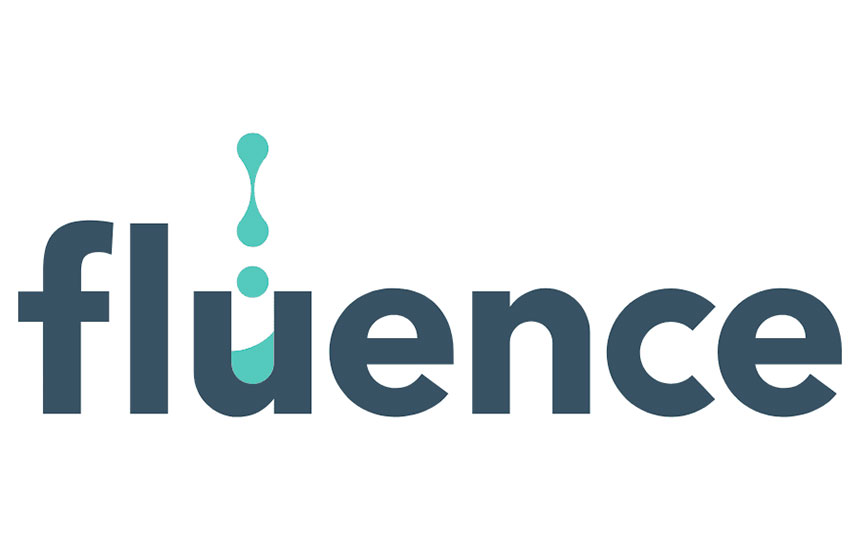As global water scarcity intensifies and environmental regulations become increasingly stringent, improving water resource management efficiency has become an urgent priority. Reclaimed water not only offers a low-cost solution but also provides a stable water supply, enhancing the diversified use of water resources and reducing the risk of water shortages.
Fluence Corporation, a U.S.-based company, was established in 2017 through the merger of two well-known American and Israeli water companies. Combining over 35 years of management and technological experience and more than 20 patented technologies from both companies, Fluence has now established branches or offices in 12 countries worldwide, becoming a globally recognized leader in water resource management and recycling.
The Membrane Aerated Biofilm Reactor (MABR) technology, with its breakthrough treatment efficiency, energy-saving, and space-saving advantages, has opened up new pathways for water resource recovery and reclaimed water use, offering innovative solutions. It significantly reduces the cost of producing reclaimed water and expands its application fields.
Fluence has been developing MABR technology for over 10 years and has completed more than 410 projects of various scales under different environmental and water quality conditions worldwide, including the world’s largest greenfield MABR-structured wastewater treatment plant. In the field of reclaimed water application, Fluence’s MABR technology has received California Title 22 certification, meeting the strictest water reuse requirements in the U.S., through its collaboration with Stanford University on the MABR reclaimed water reuse project. The effluent treated by MABR also meets Israel’s agricultural reuse requirements, providing multiple water source options for local agriculture.
Fluence’s water treatment technology is also demonstrated in the industrial application of reclaimed water, including designing, manufacturing, and installing a reclaimed water treatment plant with a daily capacity of over 15,000 cubic meters for a semiconductor manufacturer in Israel; providing a daily reclaimed water solution of 10,000 tons for the EGAT steel plant in Egypt; offering a daily reclaimed water solution of 12,000 tons for the ArcelorMittal mining site in Brazil; and installing water recycling facilities as part of a water optimization project at the Coca-Cola plant in Argentina.
In Taiwan, Fluence participated in the Taoyuan North District Water Resource Recovery Center’s reclaimed water plant project, where more than 40,000 tons of high-quality reclaimed water are produced daily for industrial use. This project is not only a significant milestone for reclaimed water use in Taiwan but also an important marker of Fluence’s business expansion in the Asia-Pacific region.
In the municipal sewage reclamation process, the biological treatment system and UF/RO system, though seemingly independent processes at either end, are closely interconnected. A high-efficiency, stable biological system can enhance the efficiency of the RO system in the reclamation process, preventing organic matter from causing membrane fouling, system risks, and significant increases in operation and maintenance costs.
Fluence’s Technical Director, Xi Chen, stated: “At Fluence, we value every drop of water and have developed a water resilience strategy. We have partnered with MEB Energy to install an Aspiral pilot project in KwaZulu-Natal Province, South Africa. The preliminary treatment by Aspiral has already met reuse standards. In August 2022, the addition of the Niroflex system at the back end of the Aspiral equipment allowed the treated effluent to meet local drinking water standards, achieving the highest value of wastewater reuse and meeting the goal of environmental and economic coexistence.”
Fluence’s evolving wastewater treatment systems are the foundation for urban development. The survival and development of society, the environment, and the economy depend on water security and sustainability. In the future, Fluence will continue to strive to improve water resource management efficiency, promote the sustainable use of global water resources, and work towards the sustainable development of global water resources.

